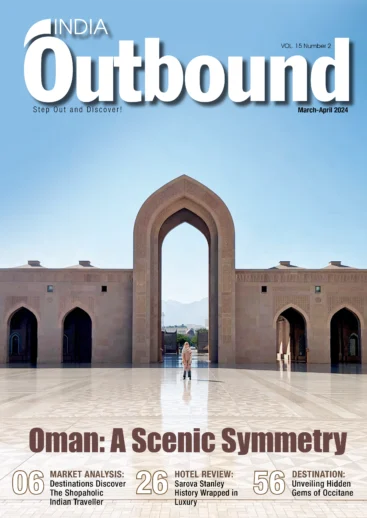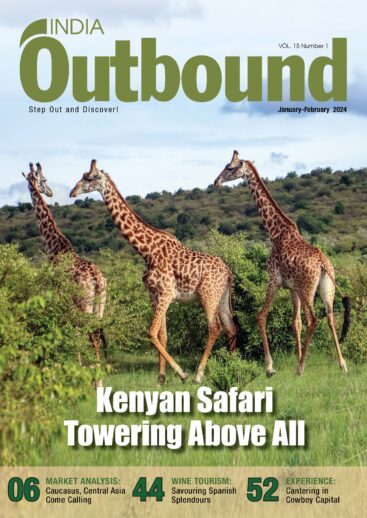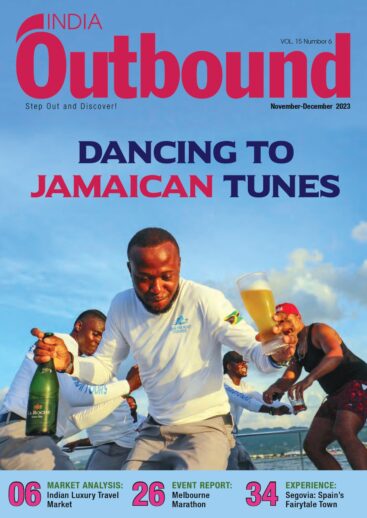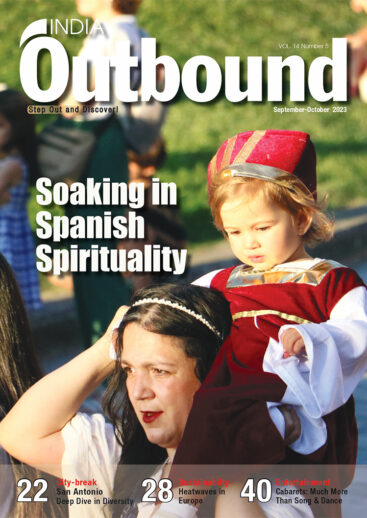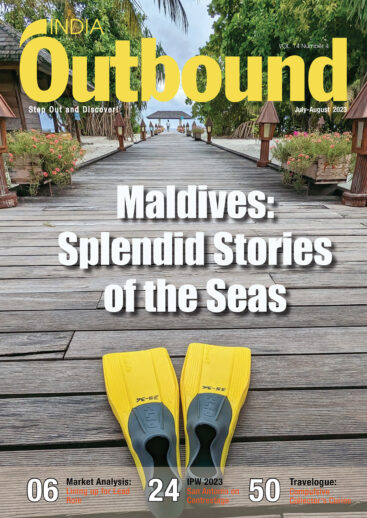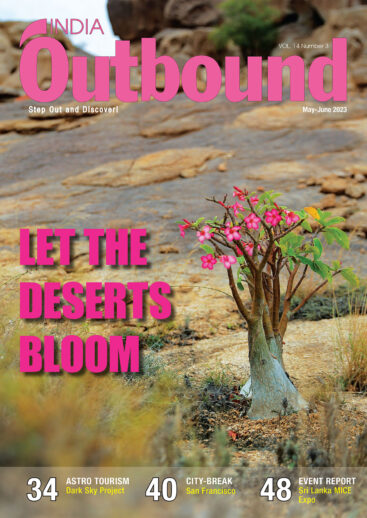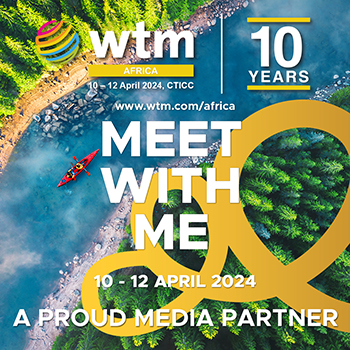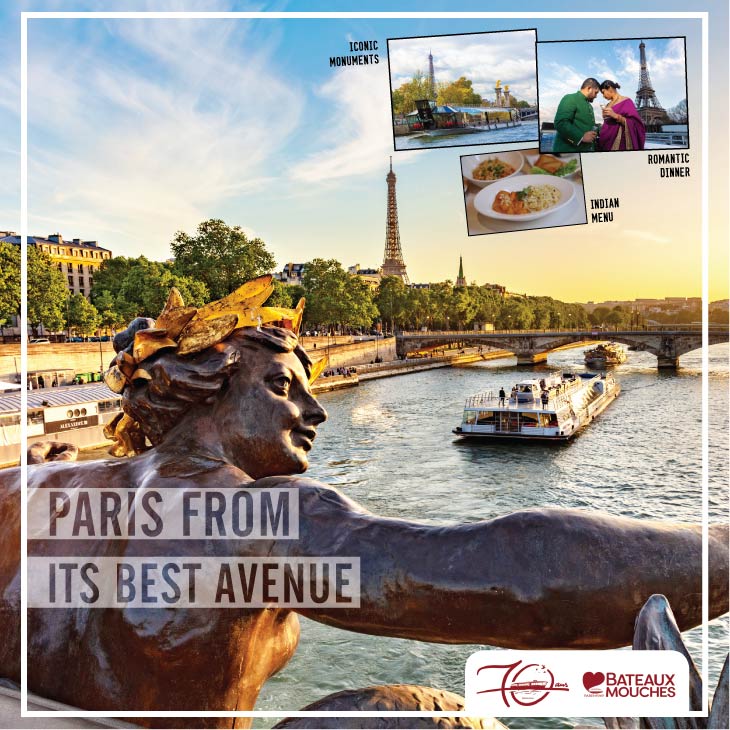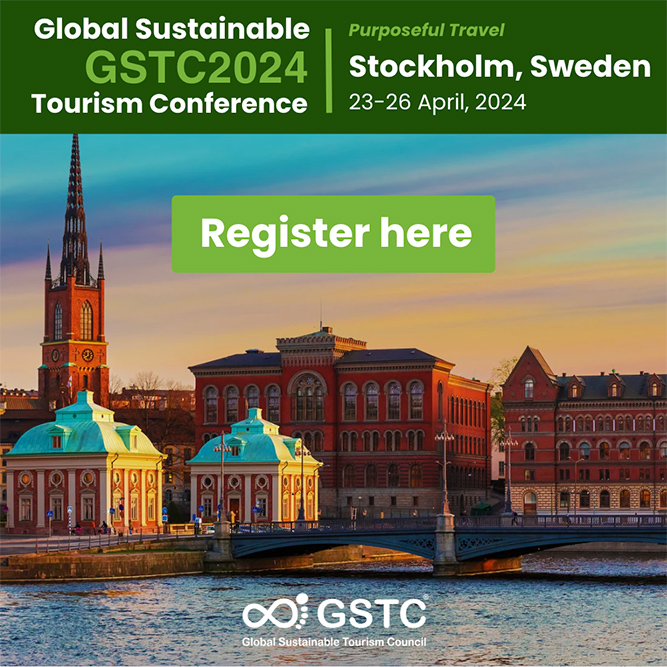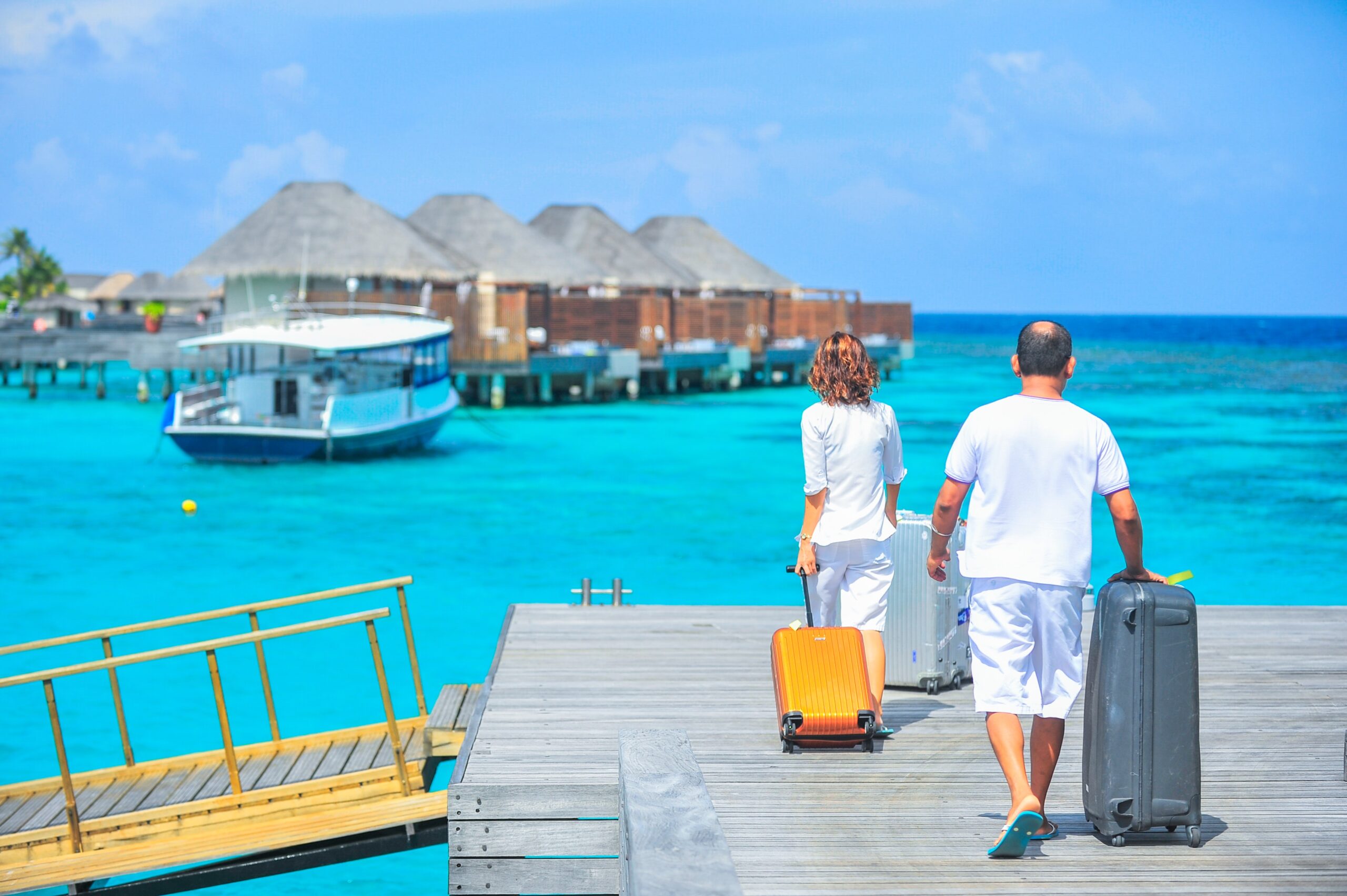
Customised holidays is set for a healthy 13 pc CAGR growth for another decade says report by FMI
The customised holidays market is anticipated to increase at a high CAGR of 13 pc between from 2022 to 2032, reaching a value of USD 356.43 billion by 2032. It represents a cumulative growth of over 330 pc from the current market size of USD 105 billion. These are the key findings of a report released by global markets research and analysis firm Future Market Insights.
The report says that the rapid evolution of the travel industry along with a rise in disposable income, a new class of global travellers has emerged who don’t mind to pay more for their travel, but vie for a memorable experience while travelling as per their individual tastes and likes and dislikes. It is for such a class of travellers that the travel industry has come up with the idea of ravelerd holidays.
Customised holidays are designed to suit the tastes and needs of a particular individual raveler or a group of travellers where they are the ones who decide the places they are going to visit, the duration of stay at each place, even the type of food they want to have and the hotel they want to stay in. Customised holidays are tailor made to suit the preferences of travellers unlike guided tours where everything is pre-decided and pre-fixed.
Customised Holidays: Drivers and Restraints
The FMI report says that a rising affluent and middle class is giving rise to a new type of travellers who seek personalised experiences suited to their tastes and preferences, giving rise to customised holidays.
Rising disposable incomes and economic growth in the world are the major drivers for the rising preference of and inclination towards customised holidays. The main restraint to the spread of customised holidays is the high costs associated with it that all travellers cannot afford.
Tailor-made holidays or customised holidays are popular in the tourism and travel sector as they cater to the individual tastes and demands of travellers and don’t follow the philosophy of one size fits all, which is the idea on which packaged tours and guided tours work, where everything is decided in advance.
In a customised holiday, on the other hand, everything is decided by the traveller and the tour schedule is fixed as per the choices of the travellers themselves. Travellers send an initial request for proposal, in which they contact the chosen travel company even eight to nine months before the date of actual travel.
The traveller gives the travel dates, number of persons in the group, length of the journey, and the places that the traveller wants to see. Based on this information, the travel company prepares a draft itinerary and discusses the details with the traveller and also gives a rough cost estimate.
Based on subsequent discussions between the traveller and the travel company, and taking into consideration the special requests made by the traveller, the final travel itinerary is finalised and the customer is ready to enjoy a customised holiday.
The FMI report says that customised holiday packages are dynamic, and are making a significant contribution towards the travel industry because it empowers and enables the customer to decide the course of action, and choose what is best for them. This enables them to have the must required ‘me time’, and customers generally do not hesitate spending more money for such customised packages.
Moreover, even the travel agents are wooing the prospects for customised packages to ensure that the customers have a memorable experience visiting places, and have a quality time, either alone or with their family and friends, says the report.
FMI says that there has been a surge in the FIT segment, over the past few years and this is expected to increase the demand for customised holidays in the coming times. There has been an increase in urbanisation, as a result of which people spend a lot of time in their offices. As a result of this, they look for ways to destress themselves, and there are no better ways to visit their favourite hill station or any other part. This is anticipated to increase the sales of customised holidays market, says FMI in the report.
The customised holiday market share is expected to rise because of rapid internet penetration as well. Internet and smartphones have literally made customers the king. They can simply decide for themselves as to where to go, and can create a customised itinerary.
The rapid internet penetration might be a game changer in the future for the customised holiday market.
The rapid internet penetration has resulted in the rapid spread of social media as well. Social media is an effective tool to share experiences, write reviews, and to spread the word of mouth. These reviews have a tendency to attract lots of tourists at a given place, says FMI in the report.
The report says that it is the younger generation which is willing to invest in customised packages. Moreover, these younger generations form a considerable market share of the tourism industry. They are the ones who are ready to visit places independently, using a customised itinerary.
In terms of regional outlook, the FMI report says that Europe is the leading market for the customised holidays, with a market share of 33 pc. The reason being it is one of the hottest destinations for people wo love travelling solo. It is a collection of many countries, and Europe has everything to offer right from monuments, sites of ancient civilisations to picturesque landscape. Europe is followed by North America, which has a market share of 24 pc.













